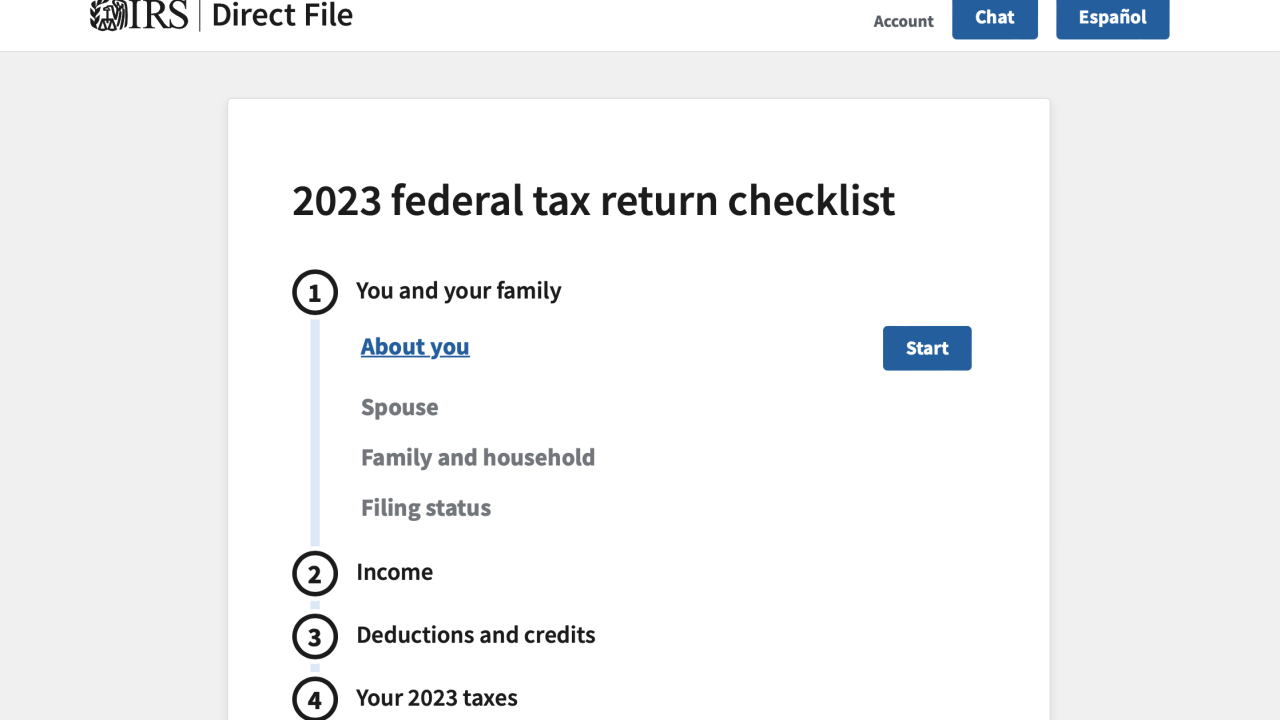The Financial Accounting Standards Board voted Wednesday to require companies to tell the public more about the taxes they pay. Starting as early as 2025, companies' financial reports will need to include the year-to-date amount of income tax paid, net of refunds received, to state, federal and foreign tax authorities, according to
FASB
There were several changes from the original proposal, which had included a proposal for quarterly reporting on taxes paid. Instead it will be on an annual basis. The effective date for public business entities will be in 2025, and investors can expect to see in companies' 2025 10-K annual reports some additional information because of FASB's new guidance. For interim reporting, it will start in the first quarter of 2026. For private companies and other types of companies, it would be starting with their annual reports in 2026 and interim reports in 2027.

Companies currently disclose in total how much they pay in taxes on a cash basis. The new guidance will require them to break out the total amount that they disclose today and show the individual tax jurisdictions that money is going to, for any jurisdiction that makes up 5% or more of the total, in their annual 10-K reports.
The new standard is not the same as the kind of country-by-country reporting envisioned by the Organization for Economic Cooperation and Development's base erosion and profit-shifting action plan, also known as OECD BEPS. Some groups like the Financial Accountability and Transparency (FACT) Coalition have
The new income tax-reporting standard may fit into a company's environmental, social and governance efforts. "Tax is both a measure and a key driver of sustainability," said Brett Weaver, partner and ESG tax leader at KPMG LLP, in a statement. "As multinational enterprises prepare for the impact of mandatory tax disclosures, executives need to ensure they are deploying a data-informed approach that aligns their tax strategy and their overall ESG strategy."
FASB doesn't see the reporting as overlapping much with what companies file on their tax returns with the Internal Revenue Service. It's focusing on GAAP accounting, not on the tax laws. The new rules also don't encompass more information about shell companies and beneficial ownership.
Companies currently need to reconcile the statutory tax rate with the effective tax rates that companies are actually paying their effective tax rate. However, financial statement preparers and accountants will now need to include some extra information in their statements. The feedback that FASB received from investors is there's a wide range of how that gets presented. While some companies provide a great deal of detail, other companies do it at a very high level. The change that FASB is making is taking the table that exists today and standardizing it by prescribing specific categories to make it more consistent across companies. By standardizing it, FASB hopes to drive more granular disclosure. The starting point is something that companies are already providing, but the reporting will be more standardized starting in 2025.
There were some changes from the original exposure draft of the proposed accounting standards update. The original proposal had suggested that the information on taxes paid would be quarterly, but now it will be annual. For the rate reconciliation, the board clarified how certain things will be presented. Some commenters and stakeholder had asked about specific situations and whether the information should be presented gross or net and where it should go. The board clarified where the numbers should show up in the table. But overall, not much has changed from the original proposal.
The members of FASB voted unanimously to approve the new standard during their meeting Wednesday. There may be some pushback from companies, but FASB hopes to forestall that by including a basis for conclusions in the final standard that will show why the board believes why the benefits in the standard outweigh the costs. FASB received a great deal of feedback on the proposal and worked to strike an appropriate balance between the needs of investors and what it believed was reasonable for companies to provide. It views the final standard as a balanced solution and the best way to meet the objectives of both parties. The board considered the feedback it received from companies and tried to incorporate that into the final guidance.
FASB has been doing more outreach to investors and recently released a





